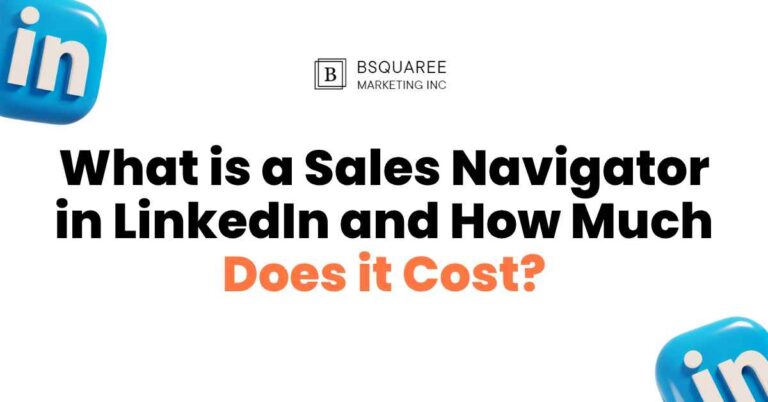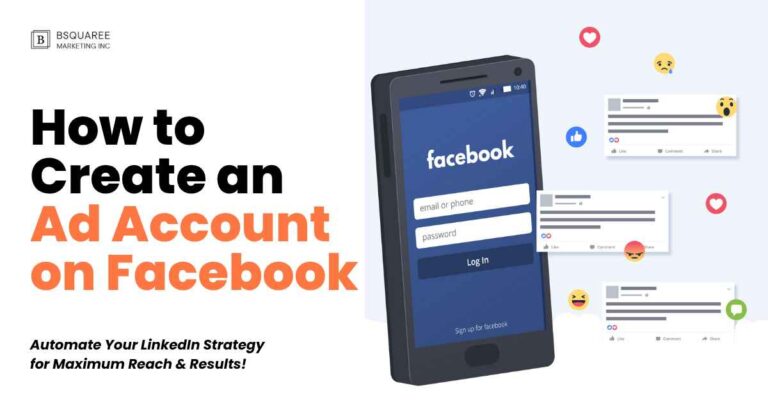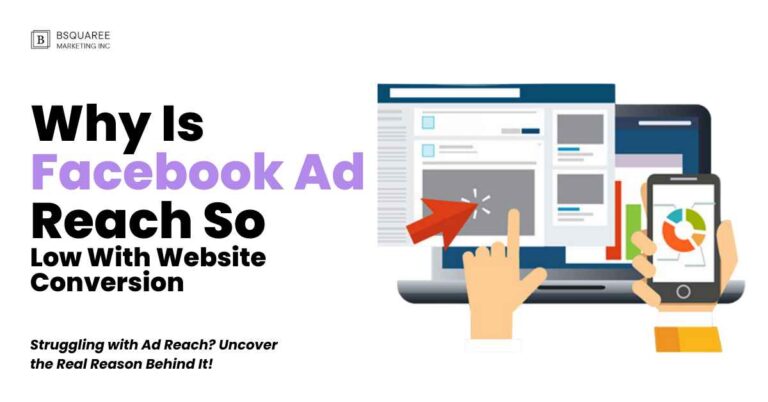Harnessing AI:
Transforming Your Facebook Ads Strategy in 2025

In the dynamic world of digital marketing, staying ahead requires embracing cutting-edge technologies. Artificial Intelligence (AI) has emerged as a game-changer, particularly in the realm of Facebook advertising. By integrating AI-driven strategies, businesses can enhance ad performance, optimize targeting, and deliver personalized experiences to their audiences
Understanding AI in Facebook Advertising
AI involves the use of machine learning algorithms and data analytics to automate processes and make data-driven decisions. In the context of Facebook Ads, AI can analyze vast amounts of user data to identify patterns, predict behaviors, and optimize ad campaigns in real-time.
Benefits of Leveraging AI for Facebook Ads
1. Enhanced Ad Targeting
AI analyzes user behavior, demographics, and engagement metrics to identify and target the most relevant audience segments. This precision ensures that ads reach users who are more likely to convert, thereby improving ROI.
🔹 Example: Facebook’s Advantage+ Audience automatically finds the best audience for your campaign by analyzing user interactions, past engagement, and purchasing behaviors.
2. Automated Campaign Optimization
Machine learning algorithms continuously monitor ad performance, making real-time adjustments to bidding strategies, ad placements, and budgets. This automation reduces manual intervention and enhances campaign efficiency.
🔹 Example: Meta Advantage+ Shopping Campaigns optimize ad placement and budget allocation automatically to drive higher conversions with minimal manual effort.
3. Personalized Marketing at Scale
AI enables the creation of personalized ad content tailored to individual user preferences and behaviors. By delivering relevant ads, businesses can increase engagement and foster stronger customer relationships.
🔹 Example: Phrasee is an AI-powered tool that helps generate high-converting ad copy, ensuring that each user sees messaging that resonates with their interests.
4. Predictive Analytics for Strategic Planning
AI-driven predictive analytics forecast future trends and customer behaviors, allowing marketers to proactively adjust strategies and stay ahead of market shifts.
🔹 Example: Crystal Knows uses AI to analyze personality traits from social profiles, helping businesses tailor their messaging for different audience segments.

Implementing AI-Driven Strategies in Facebook Ads
To effectively harness AI in your Facebook advertising efforts, consider the following strategies:
1. Utilize Facebook’s AI-Powered Tools
Facebook offers a suite of AI-driven tools, such as the Meta Advantage Suite, designed to enhance ad performance. These tools leverage machine learning to optimize bidding, targeting, and ad placements, ensuring that your campaigns reach the most relevant audiences.
🔹 Example: Advantage+ App Campaigns use AI to maximize app installs by targeting high-intent users across Facebook, Instagram, and Messenger.
2. Employ AI for Ad Creative Generation
AI-powered platforms can swiftly generate multiple ad creatives, testing various elements like headlines, images, and calls to action. This approach allows for rapid optimization and identification of high-performing ad variations.
🔹 Example: AdCreative.ai generates and tests multiple versions of ad creatives, helping brands find the best-performing visuals and copy.
3. Leverage Predictive Analytics for Audience Segmentation
AI analyzes historical data to predict customer behaviors, enabling the creation of dynamic audience segments. This segmentation facilitates the delivery of personalized and timely ad content, enhancing user engagement.
🔹 Example: HubSpot’s AI-Powered Customer Segmentation groups audiences based on predictive analytics, allowing for more targeted ad campaigns.
4. Automate Campaign Management with AI
AI tools can automate various aspects of campaign management, including budget allocation, ad scheduling, and performance monitoring. This automation streamlines workflows and ensures that campaigns are consistently optimized for maximum impact.
🔹 Example: Smartly.io is an AI-driven platform that automates the entire Facebook ad workflow, from budgeting to creative testing.
Read more: Master Facebook Ads: Step-by-Step Guide to Create Your Ad
Best Practices for AI-Driven Facebook Advertising
1. Data Quality and Integration
Ensure that your data is accurate, comprehensive, and integrated across platforms. High-quality data is the foundation of effective AI algorithms, leading to more precise targeting and optimization.
🔹 Example: Zapier helps integrate data from multiple platforms into your Facebook Ads Manager, ensuring clean and actionable insights.
2. Continuous Monitoring and Adjustment
While AI automates many processes, it’s essential to monitor campaign performance regularly. Use AI-generated insights to make informed adjustments and refine your strategies over time.
🔹 Example: Optmyzr provides AI-powered campaign recommendations, helping businesses make data-driven adjustments to their Facebook ad strategies.
3. Maintain Transparency and Ethical Standards
Be transparent about your use of AI in advertising. Adhere to ethical guidelines and data privacy regulations to build trust with your audience and avoid potential pitfalls.
🔹 Example: Using OneTrust ensures that your AI-driven ad strategies comply with GDPR and other data privacy regulations.
Read more: How to create an ad account on Facebook

Challenges and Considerations
1. Data Privacy Concerns
With increased data collection comes the responsibility to protect user privacy. Ensure compliance with data protection laws and prioritize user consent and transparency.
🔹 Solution: Use Facebook’s Conversions API instead of cookies to collect user data while maintaining privacy compliance.
2. Algorithm Bias
AI algorithms can inadvertently develop biases based on the data they’re trained on. Regularly audit your AI systems to identify and mitigate any biases that could affect ad targeting and content.
🔹 Solution: Use IBM Watson OpenScale to detect and correct biases in AI-driven ad targeting.
3. Dependence on Technology
Relying heavily on AI can lead to over-automation, potentially overlooking the human elements of creativity and strategic thinking. Balance AI-driven processes with human oversight to maintain a well-rounded approach.
🔹 Solution: Combine AI insights from ChatGPT or Persado with human copywriting to ensure messaging remains authentic and engaging.
Read more: How Much Does Facebook Ads Cost
Conclusion
Incorporating AI-driven advertising strategies into your Facebook campaigns in 2025 is not just a trend but a necessity for staying competitive in the digital landscape. By leveraging AI for enhanced targeting, automated optimization, and personalized marketing, businesses can achieve greater efficiency and effectiveness in their advertising efforts. Embrace these technologies thoughtfully, keeping ethical considerations and data privacy at the forefront, to fully harness the transformative power of AI in your Facebook Ads strategy.
FAQs
AI analyzes user behavior, demographics, and engagement metrics to identify patterns, allowing advertisers to target the most relevant audience segments, thereby increasing the likelihood of conversions.
🔹 Example: Facebook’s Advantage+ Audience dynamically refines targeting based on user activity.
Automated campaign optimization with AI involves real-time adjustments to bidding strategies, ad placements, and budgets based on performance data, leading to improved efficiency and reduced manual intervention.
🔹 Example: Meta Advantage+ Shopping Campaigns automatically optimize ads for better ROI
Yes, AI utilizes machine learning to analyze user preferences and behaviors, enabling the creation of personalized ad content that resonates with individual users, enhancing engagement and conversion rates.
🔹 Example: Phrasee generates AI-powered ad copy personalized for different audience segments.
Predictive analytics uses AI to forecast future customer behaviors and trends by analyzing historical data, allowing advertisers to proactively adjust their strategies for better outcomes.
🔹 Example: Crystal Knows predicts personality traits to refine ad messaging.
Potential risks include data privacy concerns, algorithm biases, and over-reliance on automation. It's crucial to monitor AI systems regularly and ensure compliance with ethical standards and data protection regulations.
🔹 Solution: Use OneTrust for AI compliance and privacy monitoring.
Small businesses can start by utilizing AI-powered tools offered by platforms like Facebook, focusing on enhancing ad targeting and personalization. Collaborating with AI solution providers can also help tailor strategies to specific business needs.
🔹 Example: Smartly.io helps small businesses automate Facebook ad campaigns efficiently.



